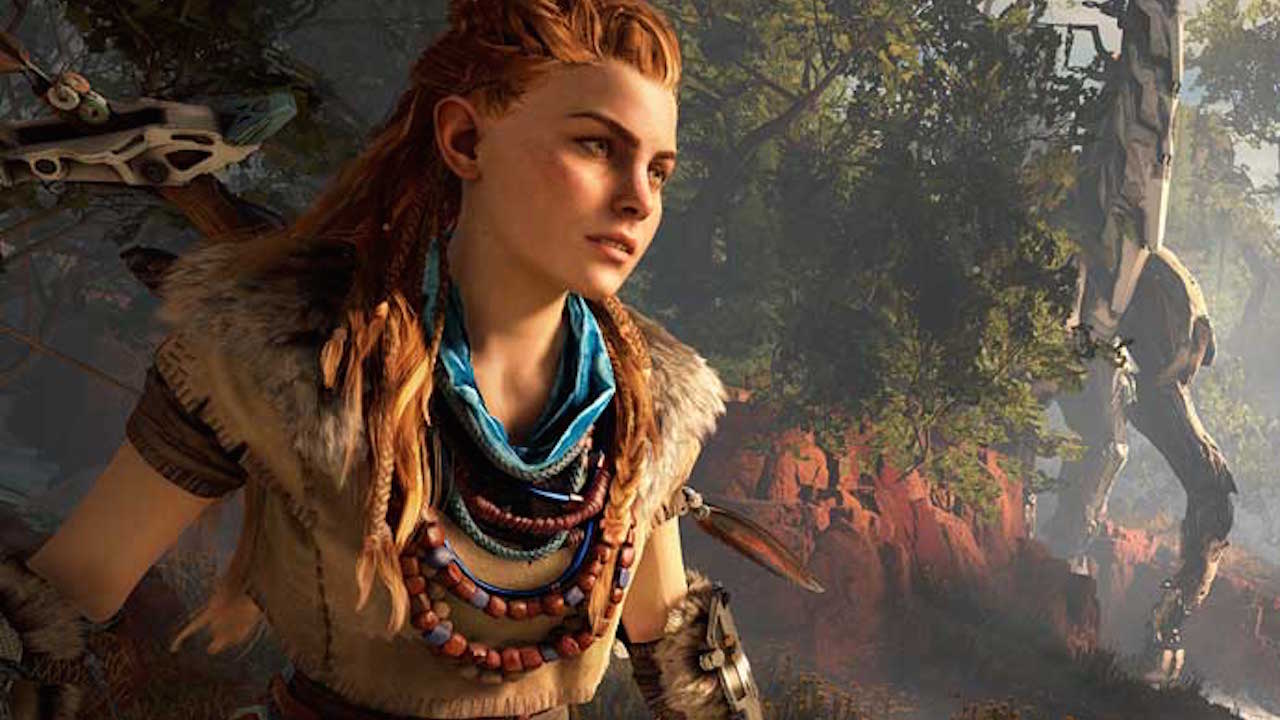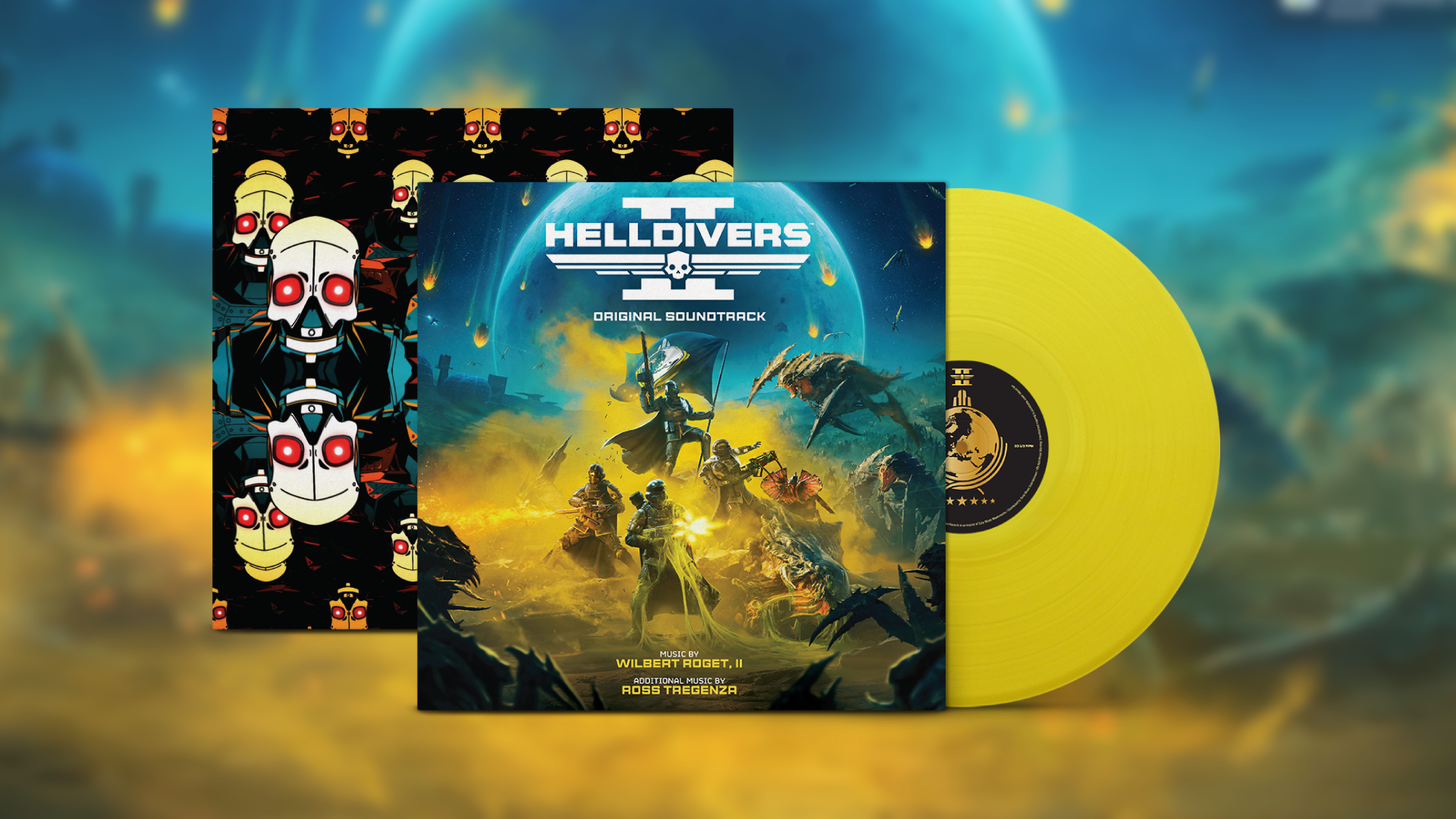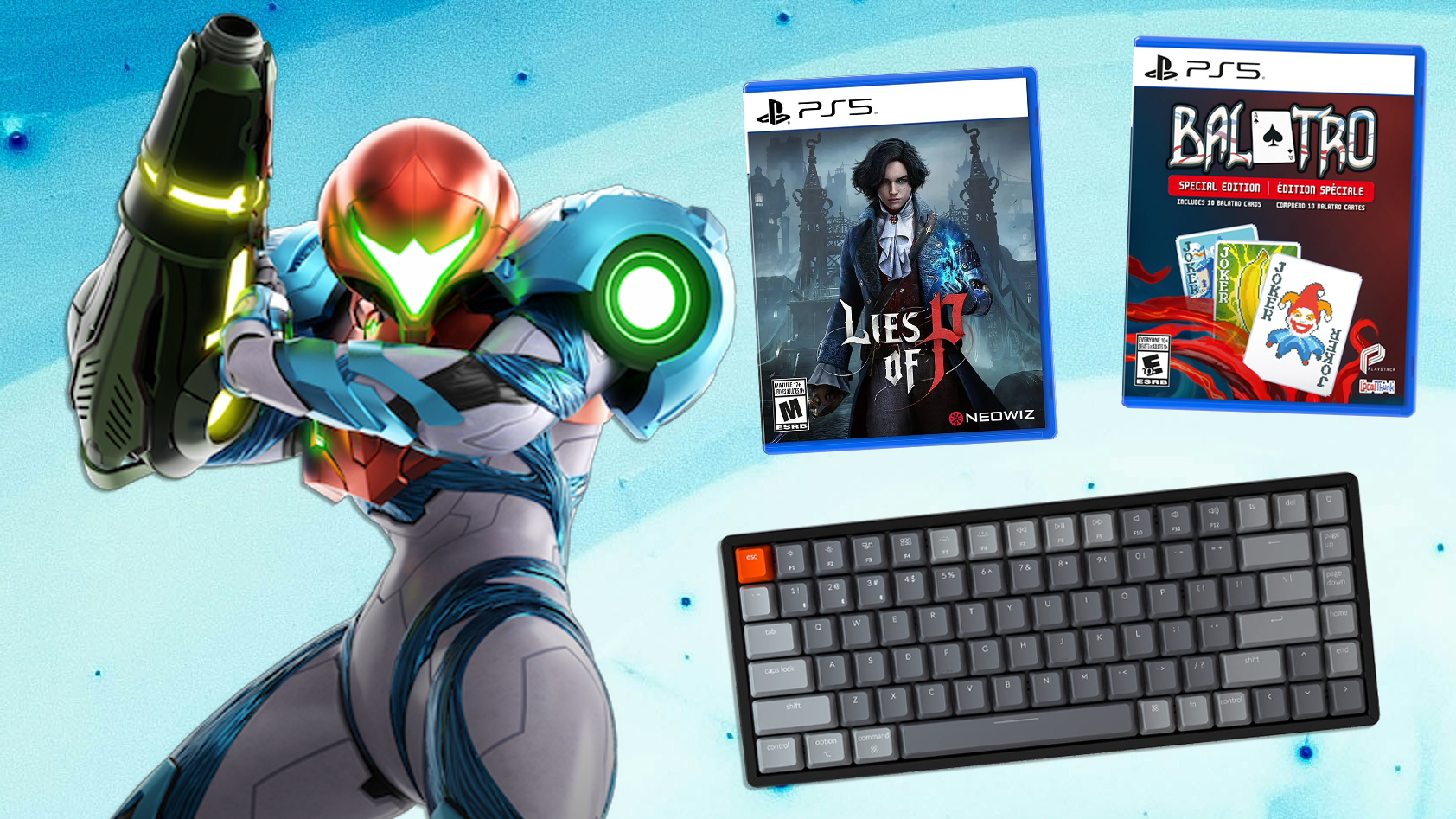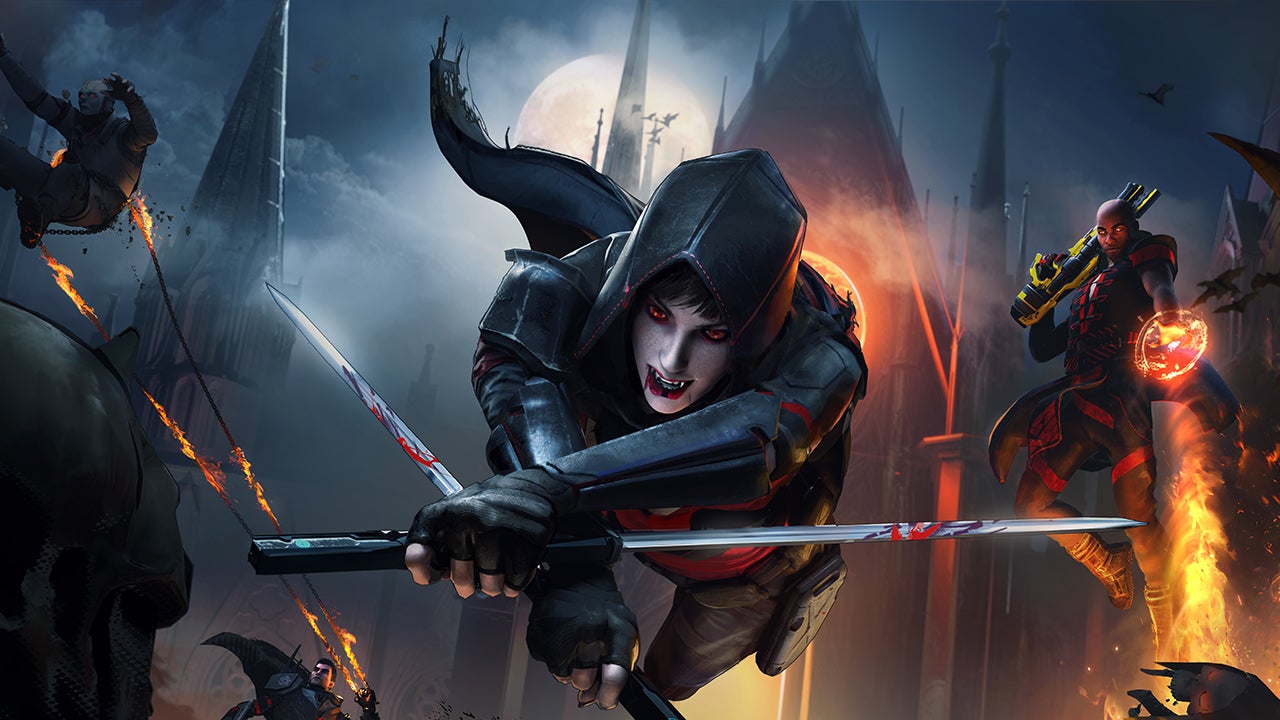Introduction to Sony’s AI Experimentation
A recently leaked internal video has unveiled that Sony is actively exploring the integration of AI technology into PlayStation characters. This intriguing development has sparked curiosity and excitement among gaming enthusiasts.
The Source of the Leak
According to a report by The Verge, the video appears to have been produced by PlayStation Studios’ advanced technology group. It prominently features Aloy, the beloved protagonist from the Horizon franchise, as a demonstration of AI capabilities in gaming. However, the video was swiftly removed from YouTube following a copyright claim from Muso, an enforcement company that lists Sony Interactive Entertainment as a client. This action lends credibility to the video’s authenticity. IGN has reached out to Sony for further comments on the matter.
Inside the AI-Powered Demo
In the demo, Sharwin Raghoebardajal, the director of software engineering at Sony Interactive Entertainment, engages in a conversation with an AI version of Aloy. The interaction showcases advanced voice prompts, AI-generated speech, and facial animations. The technology behind this experience utilizes various sophisticated tools:
– **Speech Recognition**: OpenAI’s Whisper for transforming spoken words into text.
– **Conversational AI**: GPT-4 and Llama 3 for generating dialogue and decision-making.
– **Speech Synthesis**: Sony’s Emotional Voice Synthesis (EVS) system for creating vocal outputs.
– **Facial Animation**: Sony’s Mockingbird technology for realistic character expressions.
During the exchange, Raghoebardajal asks Aloy about her well-being. She responds with a humorous touch, saying, “Hello, I’m managing alright. Just dealing with a sore throat. How have you been?”
The Unique AI Character Experience
It’s important to note that the voice of AI Aloy differs from the original voice actor, Ashly Burch, resulting in a robotic sound reminiscent of standard text-to-speech generators. While Aloy’s dialogue is engaging, her facial movements and expressions are somewhat stiff, lacking the natural dynamism typically associated with animated characters.
When probed about her mission to find her mother, Aloy states, “I discovered I’m a clone of Dr. Elizabeth Sobeck, which led me to understand my purpose and origins.” In a deeper exploration of her identity, she reflects, “Being a clone feels unique, connecting me to the past while allowing me to create my own path and future.”
The demo intriguingly transitions into the gameplay of Horizon Forbidden West, allowing Raghoebardajal to continue the conversation while actively playing. This dual interaction raises interesting questions about player engagement, particularly considering the original narrative context of Aloy’s story.
Potential and Limitations of AI in Gaming
The demonstration is described as a prototype developed in collaboration with Guerrilla Games, aimed at showcasing the potential of this technology within Sony. Raghoebardajal emphasizes that this is merely a glimpse of what could be possible in the future.
While the video reveals Sony’s commitment to exploring AI-powered characters, the company has yet to announce any specific plans to incorporate this technology into public-facing PlayStation products. Furthermore, it remains uncertain whether such innovations could be implemented in upcoming PS5 games.
The Broader Context of AI in Gaming
Sony’s exploration of AI comes amid a larger trend in the gaming industry, with many competitors investing in similar technologies. For instance, Microsoft has announced an AI initiative called Muse, designed to facilitate game design ideas.
Generative AI has become a hot topic within the entertainment sector, often drawing criticism due to ethical concerns and challenges in meeting audience expectations. An example of this is Keywords Studios’ failed attempt to create an entirely AI-generated game, highlighting the limitations of AI in replacing human talent.
Industry Perspectives on AI Integration
Leading figures in the gaming industry, such as Asad Qizilbash, head of PlayStation Productions, have acknowledged the importance of AI in appealing to younger audiences. He noted that players from Generation Z and Generation Alpha are seeking personalized experiences, suggesting that AI could allow non-player characters to interact with players in a more meaningful way.
Companies like EA and Capcom are also exploring generative AI for various applications, from game assets to innovative gameplay experiences. However, this exploration is not without backlash, as seen in Activision’s recent controversy over AI-generated content in Call of Duty.
Conclusion
As Sony continues to experiment with AI technology and its potential applications in gaming, the industry remains on the cusp of a transformative shift. While the leaked video provides an exciting glimpse into future possibilities, the ethical implications and practical challenges of implementing such technologies will undoubtedly influence the direction of gaming in the years to come.






